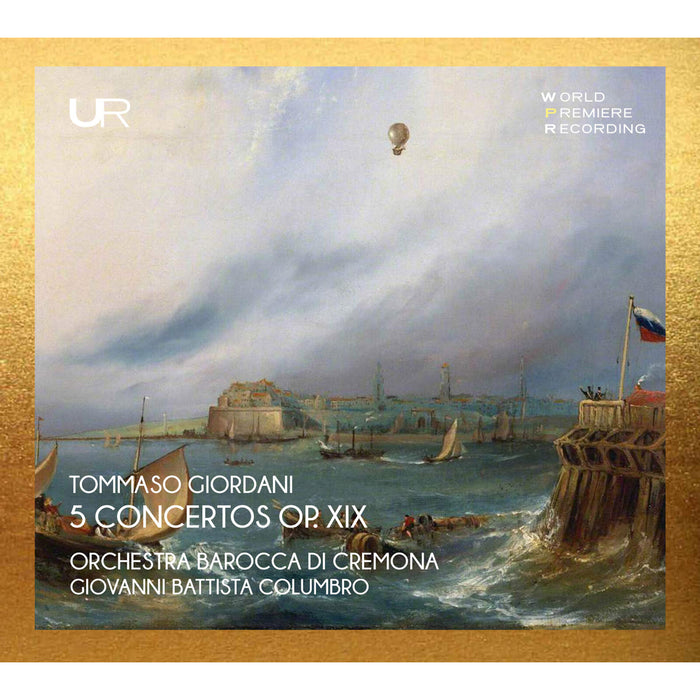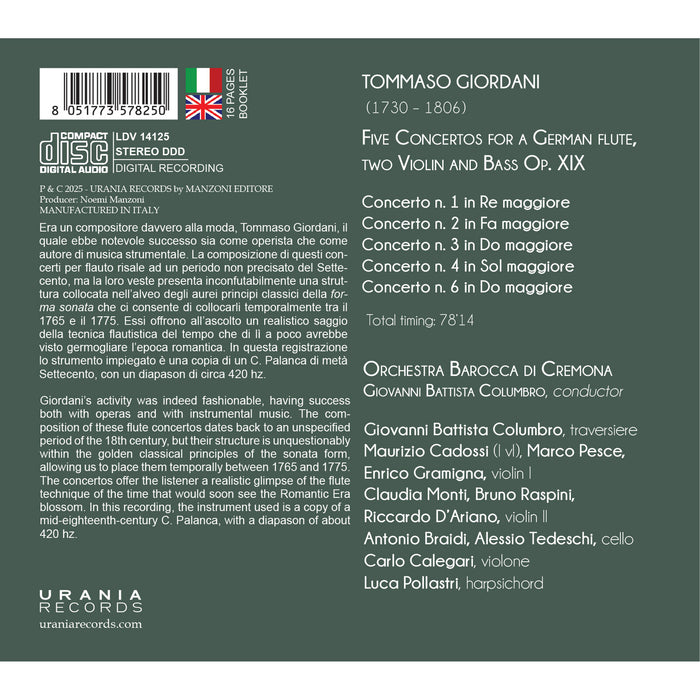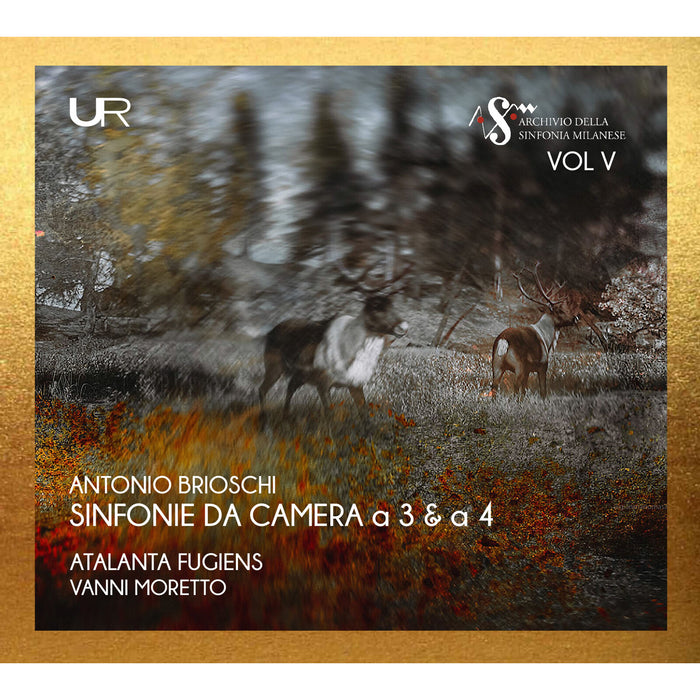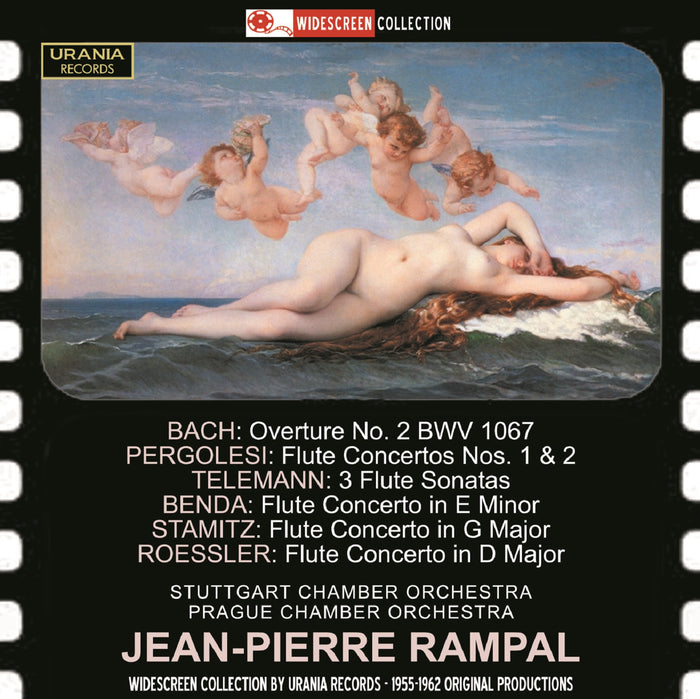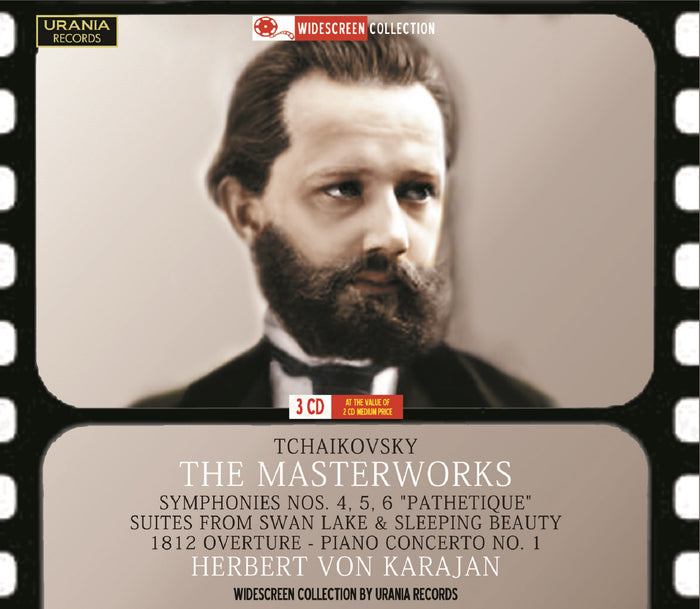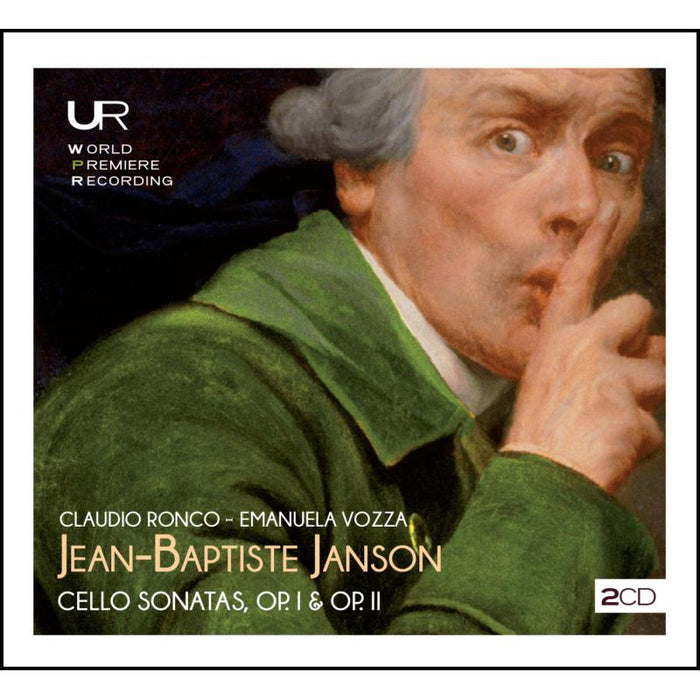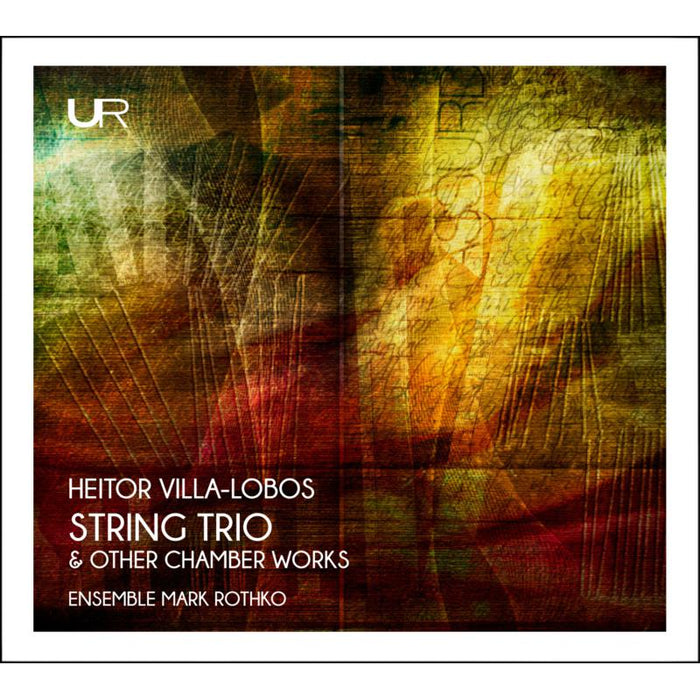Description
Guitarist Andrea Montarda and the Sextuor Mystique Ensemble present an album of works by Villa-Lobos including the Sextuor Mystique and other guitar works.
Heitor Villa-Lobos (1887-1959) and Brazilian music are so closely identified that they have become almost synonymous. Oscillating between declared nationalism and bursting originality, the celebrated composer from Rio de Janeiro was able to impose his voice (the voice of a geographical and spiritual South, new in the way it manifests arising) and draw the map of a sonorous universe, tropical and universal at the same time: it is also true that "in a dreamer's cell, familiar objects become myths of the universe" (Gaston Bachelard). In Villa-Lobos, connections and dislocations form a "métice" palimpsest of irresistible charm that outlines similar atmospheres going from the exuberant Carioco folklore to the contrapuntal rigour of Bach, from the archetypal substratum of the dances of the Indios to the luminous neatness of the European-like guitar art of Carulli and Giuliani: the (poetic) memory of these distant worlds, new in the way they approach each other, confesses its willingness to live on and, as in an early-nineteenth century papier colle, it manifests itself and aims at an intimate, vibrant, vertical and powerfully romantic lyricism.
The ensemble Sextuor Mystique was generated from the common intent to record the homonymous piece by Heitor Villa-Lobos in homage to the great Brazilian composer. It is made up of six renowned national and international soloists: Davide Chiesa (flute), Vanja Contu (harp), Andrea Monarda (guitar), Alessandro Nardin (celesta), Nicolo Pantaleo (sax) and Emanuel Vitolano (oboe). The six musicians have availed themselves of the direction of Adriano Bassi, pianist and conductor, in order to bring to light a wide-ranging piece, in which both Debussian mysticism and the Brazilian folkloric component of the choro coexist.


